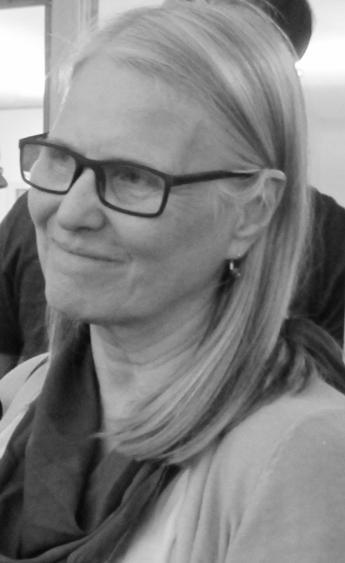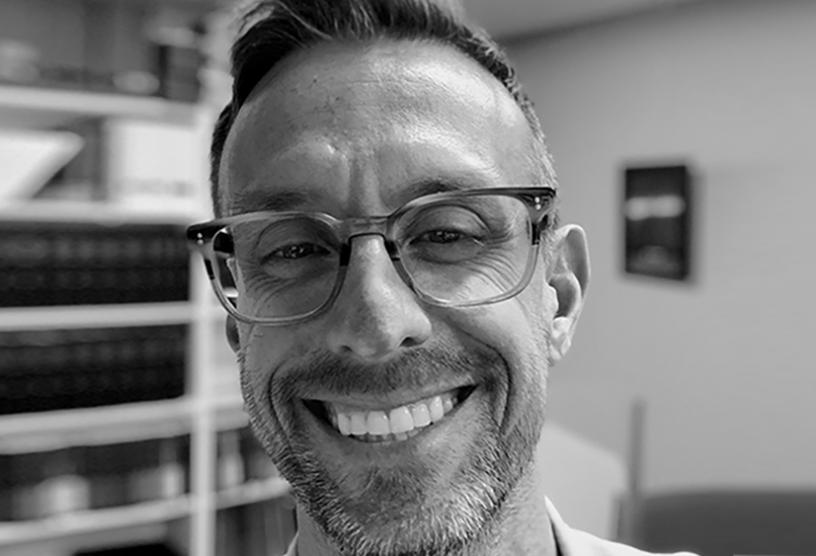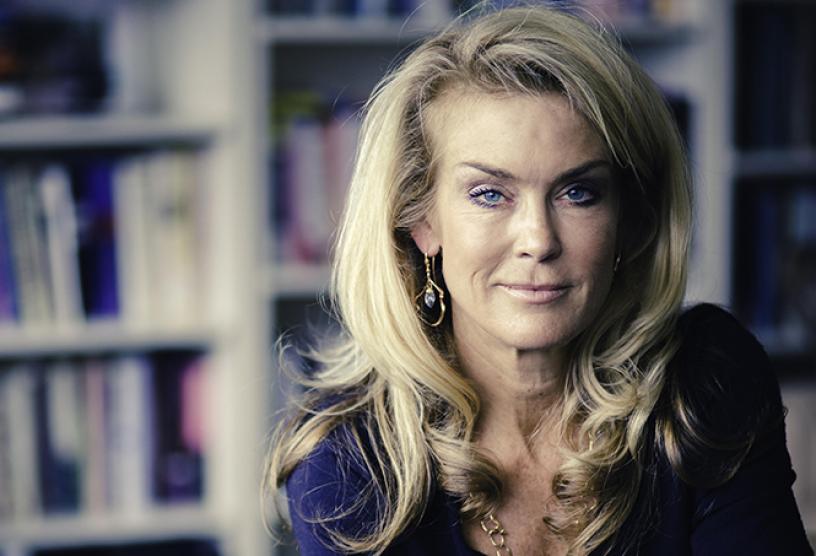
Daily Spiritual Experience Scale

How often do we have ordinary experiences of spiritual connection in our lives? The Daily Spiritual Experience Scale (DSES) is a set of 16 questions I developed for use in research to “measure” this sense of transcendent connection to a divine reality, to other people, to the natural world. It is not intended to compare one person’s average score with another’s, but to compare groups, or look at changes over time. Adapted versions of these questions were used in the Study of Spirituality in the United States (SSUS).
The SSUS drew from these DSES questions: (Findings that are explored in the SSUS report and website are linked below)
- How often do you feel spiritually touched by the beauty of creation?
- How often do you feel the presence of God, or the divine or holy as expressed in other words?
- How often do you feel divine love for you directly?
- How often do you feel compassionate love for you through others?
- How often do you feel thankful for your blessings?
- How often do you desire to be closer to God or in union with the divine?
Besides the items used in the SSUS, the DSES also asks how often you have other experiences such as:
- finding strength or comfort in your spirituality or religion
- accepting others even when you think they are wrong
- giving compassionate love
- having a sense of being guided by God or divine guidance
- seeking help from God or a higher power
- experiencing joy that lifts you above your troubles
- feeling a connection to all of life
- feeling deep inner peace or harmony
The research version of the DSES asks how frequently we have these experiences, ranging from never to many times a day. It does not ask about how intense they are. Frequency can change over time, and studies have looked at how different kinds of practices can increase frequency, enhance our attention to these experiences in our days, and help us notice a sense of spiritual connection more often.
The DSES is used internationally, in research, organizational, and professional settings; with those from many religions and with those not comfortable with religion; with adolescents and adults. It is translated into 40 languages including Hindi, Arabic, Mandarin Chinese, Thai, and Spanish. People register with me to use the questions professionally.
More than 400 peer-reviewed studies using the DSES show that these ordinary spiritual experiences predict many good things such as healthier relationships, more prosocial behaviors, more resiliency, more meaning in life, and better quality of life. More frequent daily spiritual experiences also predict recovery from addictions, less likelihood to become addicted, and lower incidence of burnout, compassion fatigue, and PTSD.
How does spirituality affect how we live our lives in the world? Many studies using the DSES, including Fetzer’s Study of Spirituality, have shown that for people of many cultures and religious and spiritual beliefs, these ordinary spiritual experiences contribute to positive actions towards others and healthy ways of caring for them. Attention to these experiences can act as a stress buffer too, allowing those under stress to continue to have an attitude of care for others. In my research on the nature of compassionate love, giving of self for the good of others, I have found that many of us become burned out in the process of caring for others, but there are ways to avoid this. How do we fill the well? In workshops for health care professionals, and in my own life, I find that drawing attention to and enhancing these ordinary spiritual experiences can help us to be more resilient in tough times, which is especially important during these tough times.
In addition to predicting many good things, daily spiritual experiences can add value and zing to our lives. So what can we do to enhance these in our days? My book Spiritual Connection in Daily Life, invites you to explore these yourself. In it, I ask each of the 16 questions in an open-ended way, asking readers, or listeners to the audiobook, to describe how it feels, and what circumstances stir these sensations of different kinds of spiritual connection in them. I include examples of how people described their experiences in the hundreds of cross-cultural interviews I did to develop the questions. I offer examples of, and links to, videos, poetry, and music which can stir these experiences in our lives, and themes in the questions. I offer guidelines for using the questions to communicate with others about these deeper aspects of life, in personal and professional settings. Hearing about the experiences of others can help us to see more of this in our own daily lives, and to share more about our own experiences, which, in turn, enriches our own lives. The questions ask about experiences rather than beliefs, avoiding conflict yet enabling us to inspire and be inspired by the variety of experiences each of us have, building on a set of questions that have scientific backing.
Attention is a valuable thing, and we can choose what we give attention to. As demonstrated in the SSUS, these experiences form an important part of spirituality for many and can contribute to positive actions in the world. The DSES questions draw our attention to life-enhancing experiences in our lives and our connection to the transcendent “more than.”
These experiences can enrich our lives, sustain our relationships, and provide us with inner resources to reach out in care to those close to us and to strangers.

Lynn Underwood, PhD, is senior research associate at the Inamori International Center for Ethics at Case Western Reserve University and was an advisor to the SSUS.


